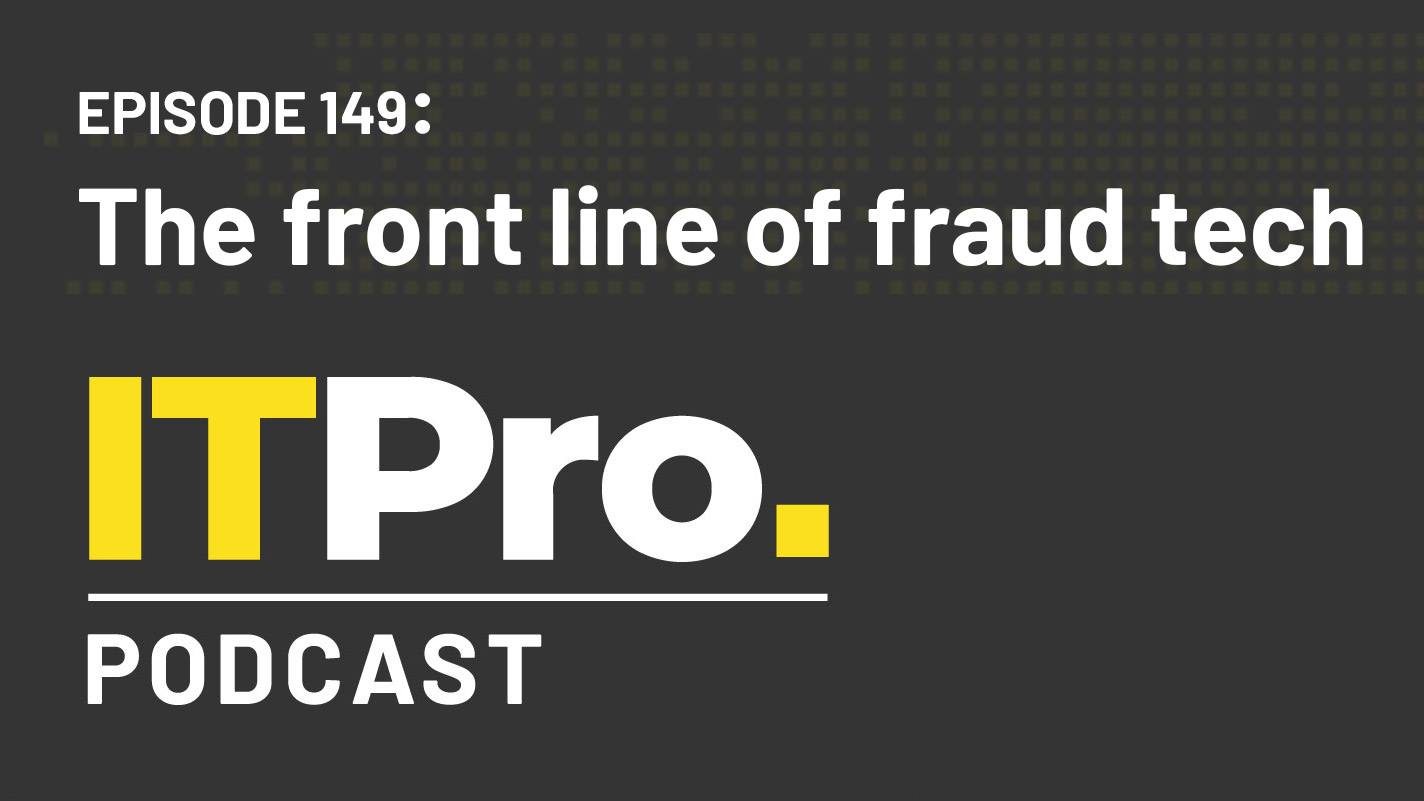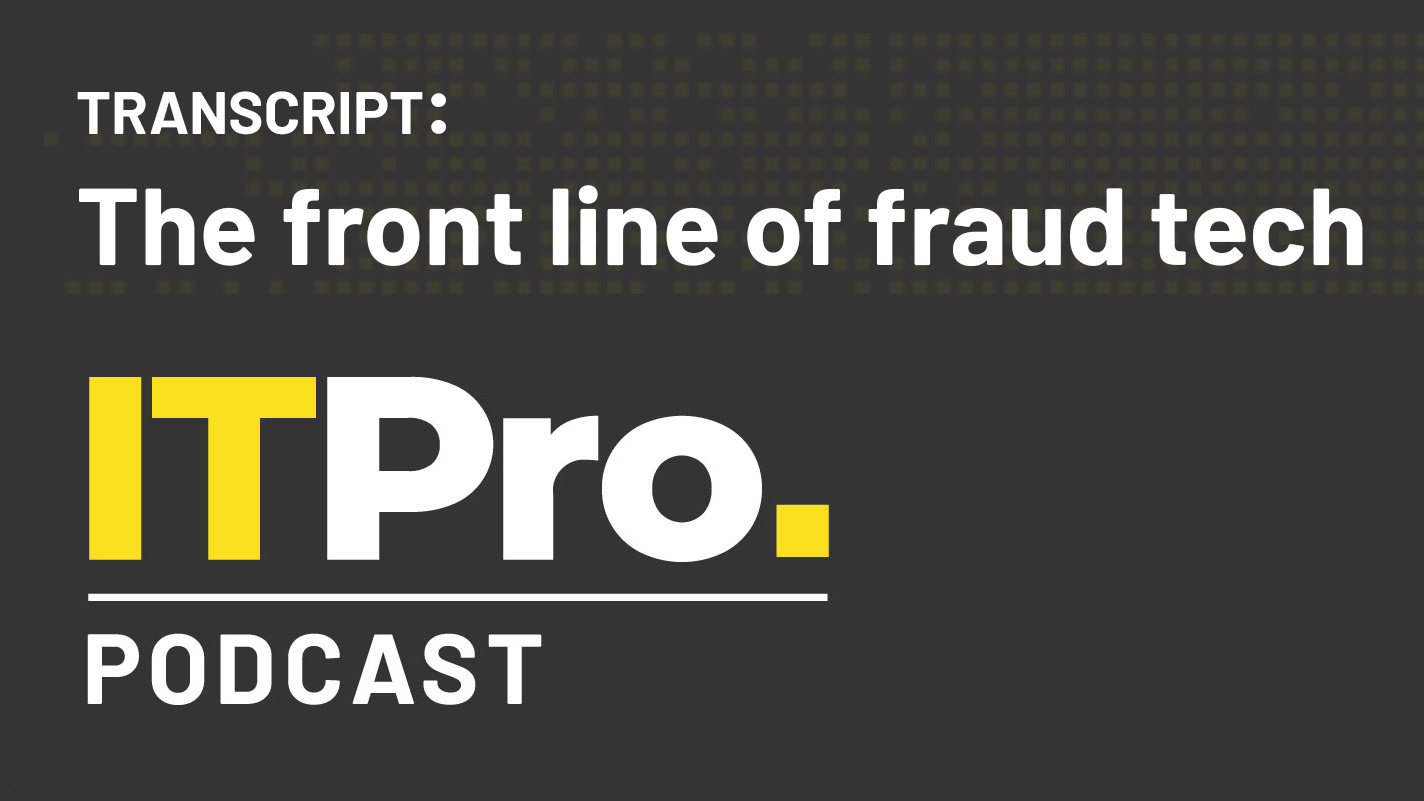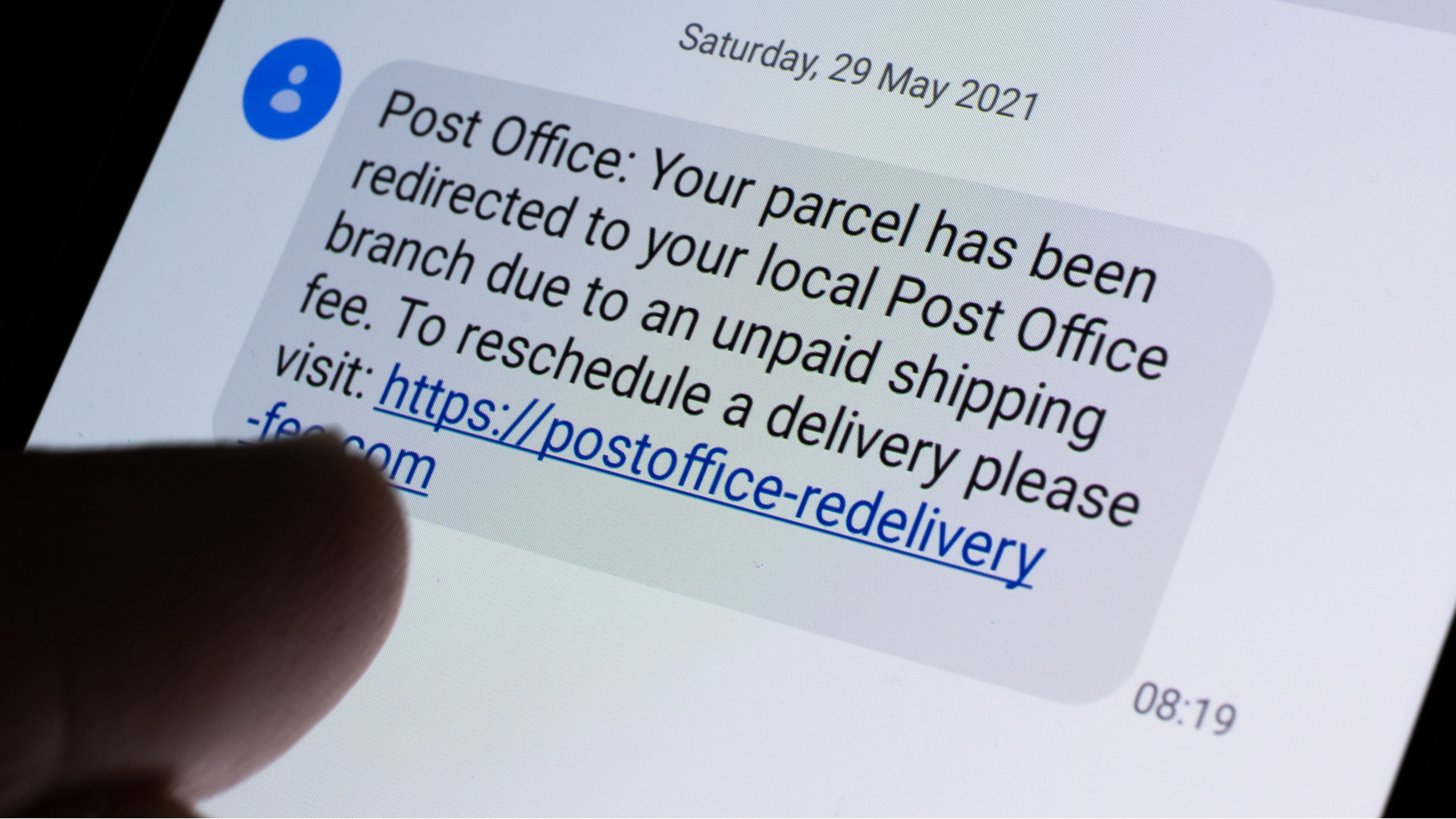Two thirds of web users hit by cyber crime
Web threats are so prevalent that 65 per cent of online users have been hit by an attack, figures show.


Sign up today and you will receive a free copy of our Future Focus 2025 report - the leading guidance on AI, cybersecurity and other IT challenges as per 700+ senior executives
You are now subscribed
Your newsletter sign-up was successful
Almost two-thirds of people in the world have been hit by cyber crime in some capacity, be it from viruses, credit card fraud or identity theft, a report has shown.
The most serious threat by far is malware, which was responsible for 51 per cent of cyber crimes affecting victims surveyed by Norton.
Just 10 per cent of those hit by cyber crime said they had been duped by an online scam, while phishing hit nine per cent and social network profile hacking seven per cent.
As for resolving cyber crimes, the average time it took to wrap cases up was 28 days, although the UK performed better with 25 days.
It also cost less in the UK to resolve these crimes, the national average being $153.13 (99.40), compared to the global figure of $334.
"We all pay for cyber crime, either directly or through pass-along costs from our financial institutions," said Adam Palmer, Norton's lead cyber security advisor.
"Cyber criminals purposely steal small amounts to remain undetected, but all of these add up. If you fail to report a loss, you may actually be helping the criminal stay under the radar."
Sign up today and you will receive a free copy of our Future Focus 2025 report - the leading guidance on AI, cybersecurity and other IT challenges as per 700+ senior executives
Almost a third of victims globally said they never resolved a cyber crime.
Getting emotional
Symantec claimed the Norton study was the first to ever explore the emotional impact of cyber crime.
The strongest reaction to being hit by such a crime was "anger" with 51 per cent admitting to getting irate when attacked. Next was "annoyed" on 51 per cent, followed by "cheated" on 40 per cent.
Despite this, just half of the 7,000 adults polled said they would change their behaviour if they became a victim.
"We accept cyber crime because of a learned helplessness'," said Joseph LaBrie, associate professor of psychology at Loyola Marymount University.
"It's like getting ripped off at a garage - if you don't know enough about cars, you don't argue with the mechanic. People just accept a situation, even if it feels bad."
Tom Brewster is currently an associate editor at Forbes and an award-winning journalist who covers cyber security, surveillance, and privacy. Starting his career at ITPro as a staff writer and working up to a senior staff writer role, Tom has been covering the tech industry for more than ten years and is considered one of the leading journalists in his specialism.
He is a proud alum of the University of Sheffield where he secured an undergraduate degree in English Literature before undertaking a certification from General Assembly in web development.
-
 ITPro Excellence Awards winners unveiled
ITPro Excellence Awards winners unveiledIt's time to celebrate excellence in IT. Read on for the full list of winners...
-
 This new mobile compromise toolkit enables spyware, surveillance, and data theft
This new mobile compromise toolkit enables spyware, surveillance, and data theftNews The professional package allows even unsophisticated attackers to take full control of devices
-
 Cyber teams are struggling to keep up with a torrent of security alerts
Cyber teams are struggling to keep up with a torrent of security alertsNews Fragmented identity security processes are creating blind spots, and the proliferation of tools doesn't help
-
 The IT Pro Podcast: The front line of fraud tech
The IT Pro Podcast: The front line of fraud techIT Pro Podcast With tools such as deepfakes, the future of fraud tech relies on cutting edge AI as much as good security practice
-
 Podcast transcript: The front line of fraud tech
Podcast transcript: The front line of fraud techIT Pro Podcast Read the full transcript for this episode of the IT Pro Podcast
-
 LAPSUS$ breached T-Mobile systems, stole source code
LAPSUS$ breached T-Mobile systems, stole source codeNews T-Mobile has denied that the hackers obtained customer or government information
-
 Exclusive: Former Shiseido staff say company was aware of data breach weeks before official notice
Exclusive: Former Shiseido staff say company was aware of data breach weeks before official noticeNews Fake companies were created using the stolen identities of hundreds of Shiseido employees, former staff claim
-
 What is smishing?
What is smishing?In-depth A closer look at one of the most perilous forms of phishing
-
 SentiLink raises $70 million for its identity verification platform
SentiLink raises $70 million for its identity verification platformNews SentiLink’s ID Theft Score helps businesses combat synthetic fraud
-
 More than half of businesses saw rising fraud levels this year
More than half of businesses saw rising fraud levels this yearNews Each individual identity fraud attempt could cost an organisation between £1,000 and £4,999 on average
